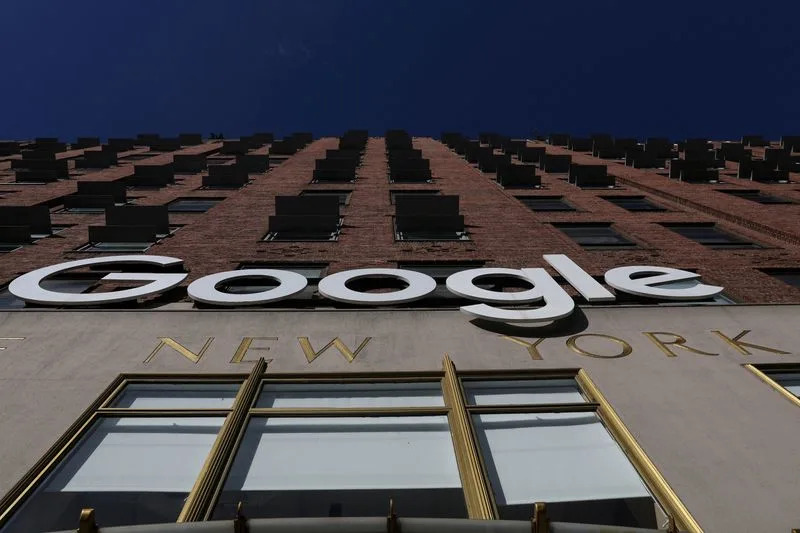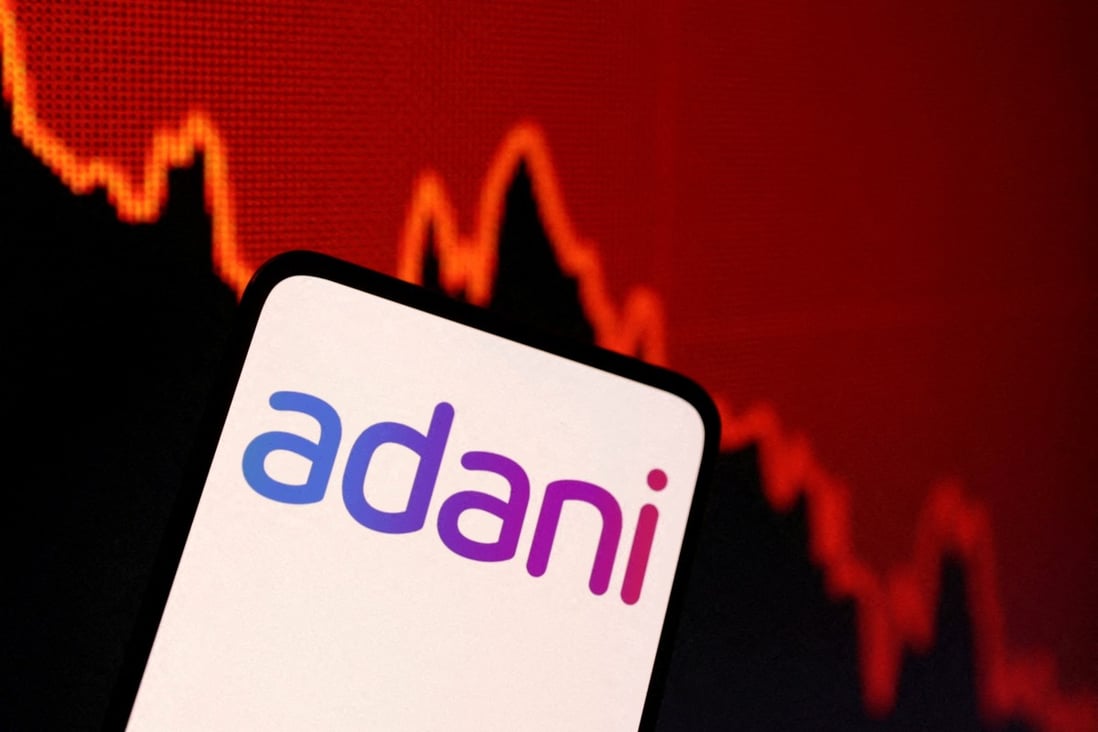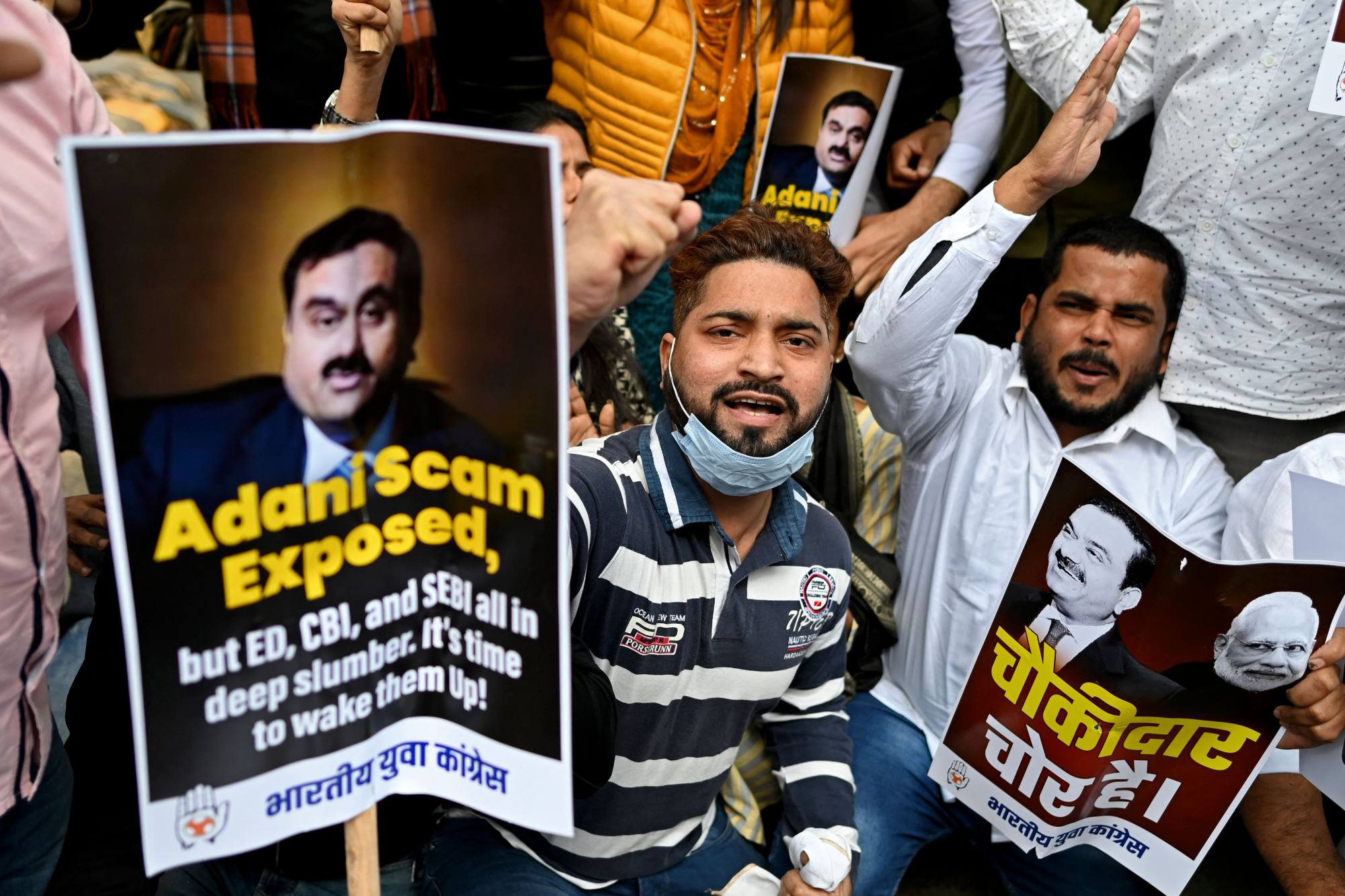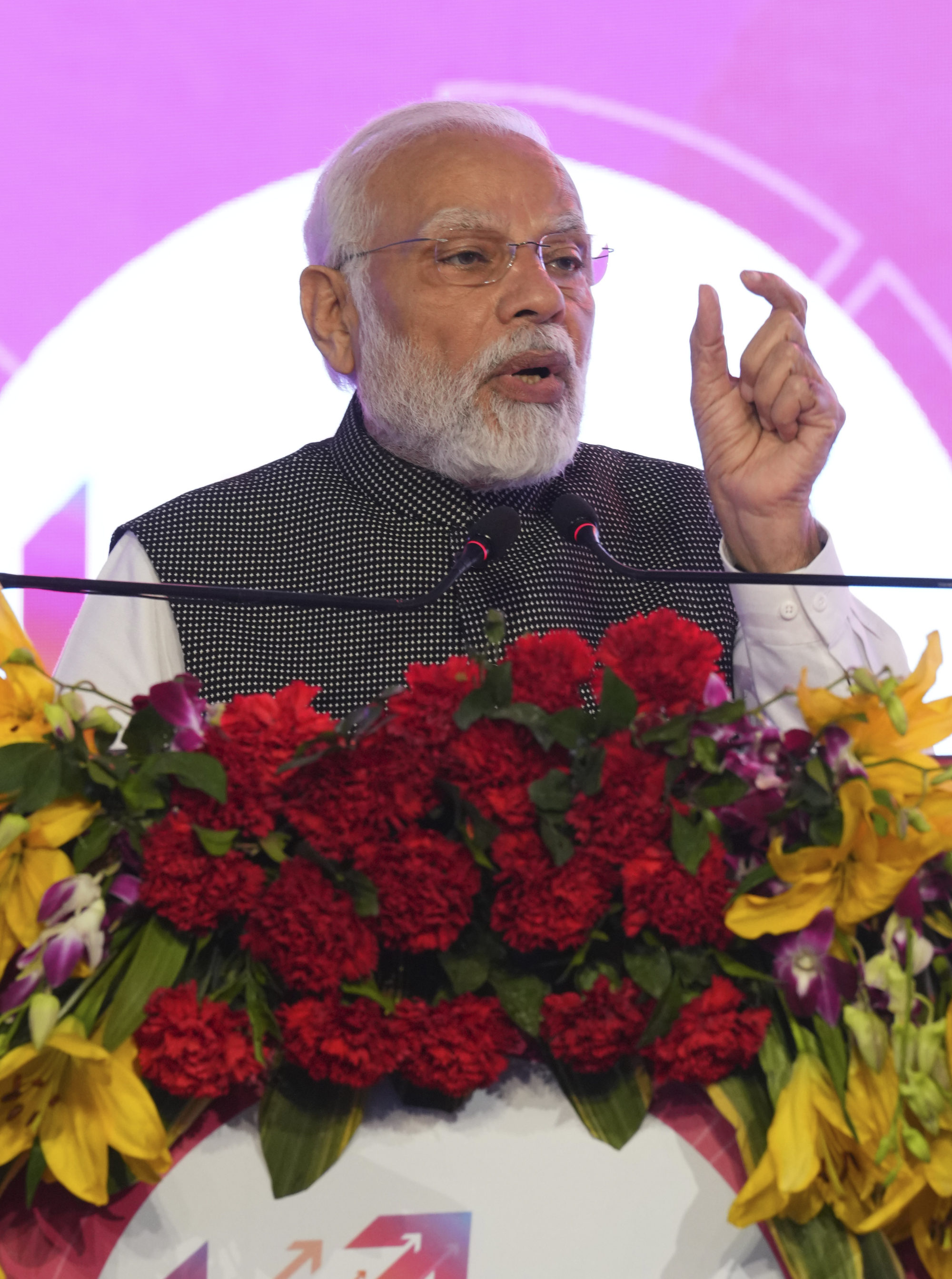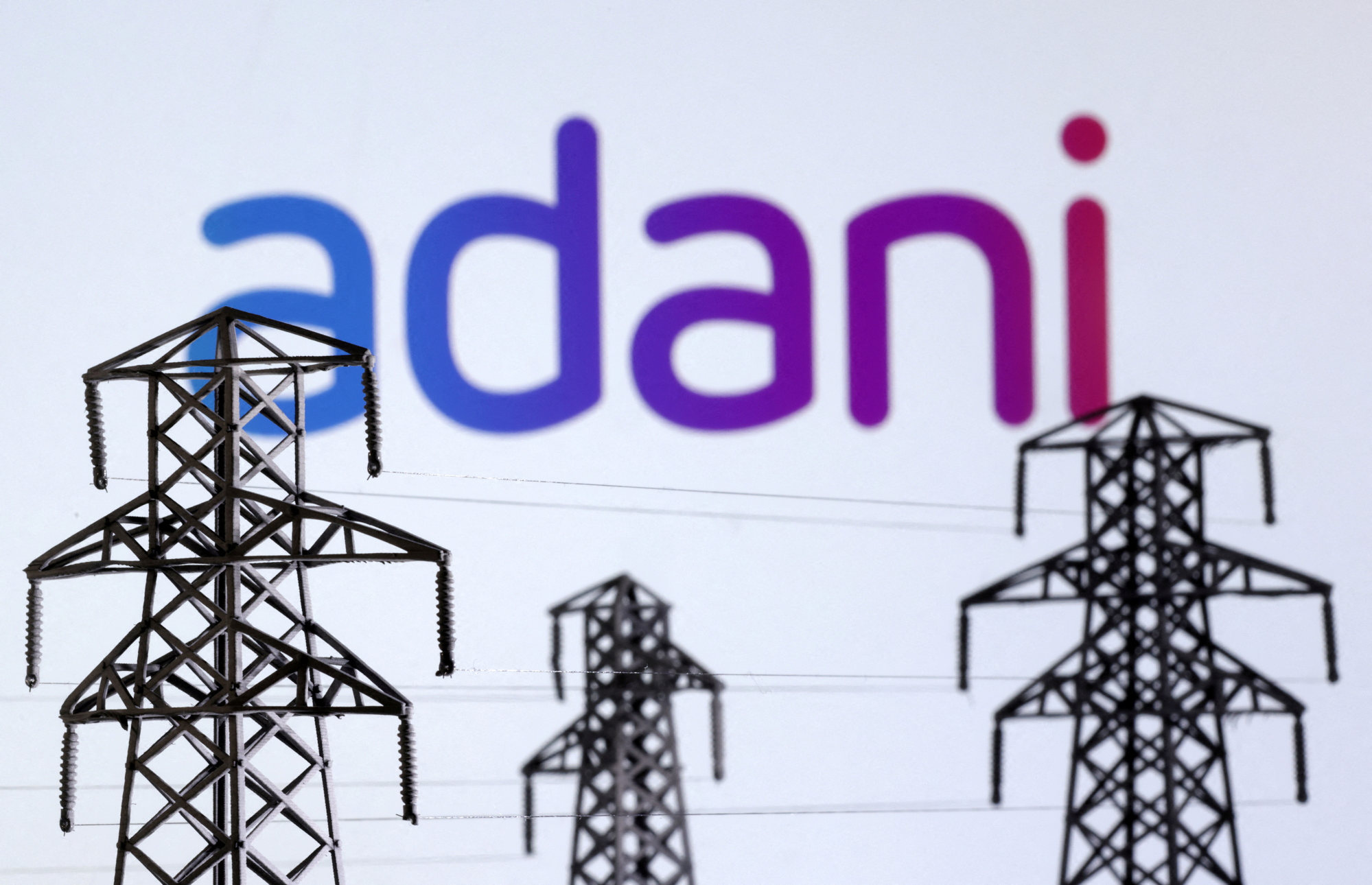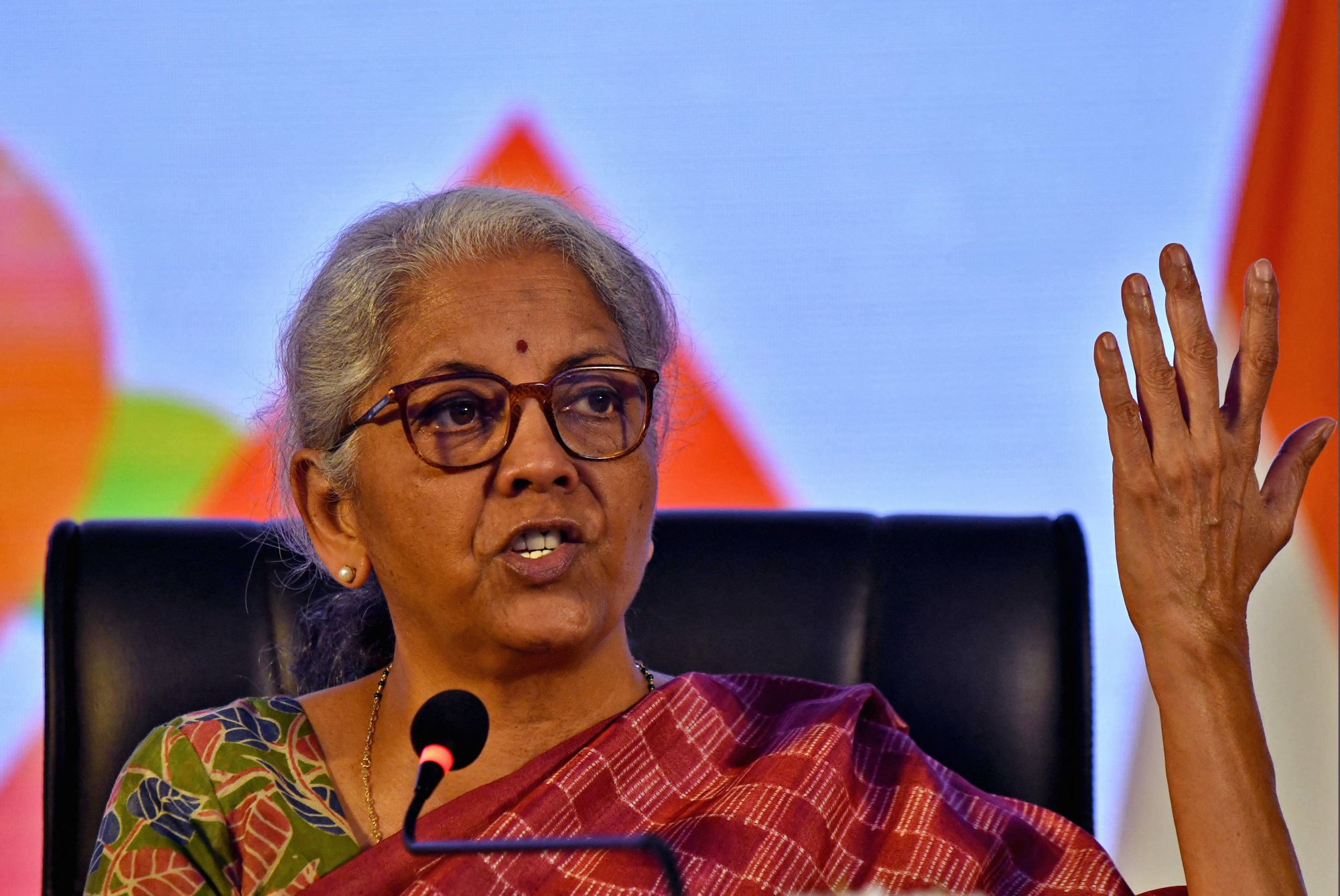Fri, March 3, 2023
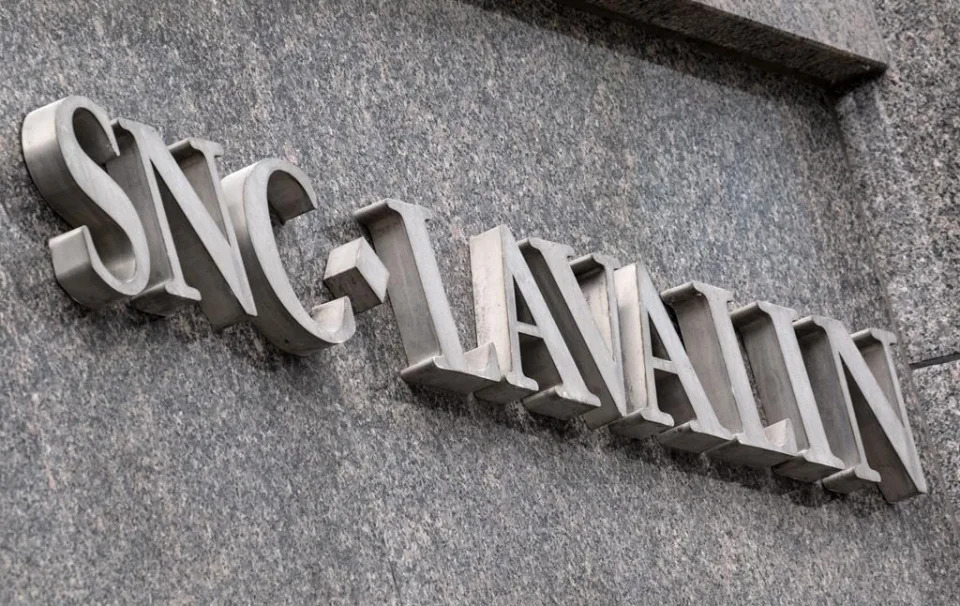
MONTREAL — SNC-Lavalin Group Inc. is eyeing an asset selloff as the company continues to pivot away from cash-draining fixed-price construction contracts and sharpen its game as a pure-play engineering firm.
SNC will undertake a "strategic review to optimize our portfolio of businesses," CEO Ian Edwards told analysts on an earnings call Friday.
He highlighted Linxon, a joint venture with Hitachi Energy that focuses on electrical substations.
"The first thing we need to do with the Linxon business is get it back to profitability, which we believe we can. And the second is to review all options. I mean, nothing's off the table," Edwards said.
He pointed to the company's capital segment, whose holdings include a seven per cent stake in the 407 toll road near Toronto.
As it disposes of its fixed-price contracts and improves free cash flow, "perhaps the importance of the 407 becomes less," Edwards said.
"I wouldn't say it's in the review immediately, but there will be a time when it's in the review."
The engineering firm reported a $54.4-million loss from continuing operations for the quarter ended Dec. 31, compared with a loss of $15.3 million in the last three months of 2021.
Edwards said the company's challenges with so-called lump-sum turnkey (LSTK) projects were largely behind it.
Under his stewardship since June 2019, SNC-Lavalin has shifted its focus to engineering and consulting services and away lump-sum projects — fixed-price contracts under which companies must pay for any cost overruns themselves. It also sold off its flagging oil and gas businesses by August 2021.
However, the company faced tough questions during the call with financial analysts whether that cash drain was truly in the rear-view mirror, with one pointing to the interminable Eglinton light rail line in Toronto that has been under construction since 2011.
"You've been 90, 95 per cent complete ... for three or four quarters now and suffered writedowns along the way. So what's changed such that we're going to see that backlog actually go to zero and this thing finally be put to bed?" Canaccord Genuity analyst Yuri Lynk asked.
Edwards said that with construction work virtually done, the associated problems — supply chain disruption, cost overruns due to inflation, labour disruption — are also in the past. Remaining work falls under "professional services" — systems testing, driver training, safety permits, regulatory approvals — and should involve fewer snarls, he said.
The Eglinton Crosstown LRT, Ottawa's Trillium Line and the greater Montreal area’s REM light-rail network extension — work on the latter is three-quarters' complete, SNC said — are the three major fixed-price contracts that bore the bulk of the company's $150.2-million loss in adjusted earnings before interest and taxes in its LSTK segment last quarter.
The company also faces fresh accusations from the union representing its engineers, which says the firm was surveilling employee emails.
The Society of Professional Engineers and Associates says that emails between union members and union staff prompted an automatic "out of office" reply from an SNC manager who had not been included in the correspondence.
"In other words, it appears that private emails between union members and SPEA staff were being automatically forwarded to (SNC) Labour Relations. This was only discovered because of the 'out of office' feature," the union stated in a filing to the Canada Industrial Relations Board.
The accusation comes as part of a pair of unfair labour practice complaints to the board, which are are ongoing.
SNC-Lavalin did not immediately respond to questions about the complaints.
SNC's engineering segment churned out sturdy numbers, boosting its backlog 24 per cent year from the year before to a quarterly record of $4.66 billion. The segment accounted for 65 per cent of the company's $1.90-billion revenue. The total marked a drop from $1.94 billion in the same three months the year before.
Edwards said he sees potential in the massive funding injection from the U.S. government via the Infrastructure Investment and Jobs Act and the Inflation Reduction Act.
“We see a lot of it flowing through the transport side. We're seeing some of it now flow through the energy transition side. And we're also seeing quite a bit of it flow into what I would call water and environmental programs — not just water quality but flood defense, remediation, drainage.”
He said SNC needs to expand its presence from “only a handful of states” to establish beachheads across many more.
Edwards also noted renewed enthusiasm for nuclear energy in the wake of Russia’s invasion of Ukraine, which triggered a full-blown energy crisis last year.
“The resurgence of nuclear new-build power as a genuine green power and an alternative to other forms of green power is becoming a real realization to governments,” he said, calling the shift “dramatic.”
He highlighted fresh possibilities for SNC, citing a design-build deal signed in January for a small modular reactor at Ontario’s Darlington nuclear plant.
“Clearly the industry is about to take off and launch into a pretty fabulous opportunity, particularly for SNC-Lavalin.”
On an adjusted basis, SNC's professional services and project management operations posted a loss of 19 cents per diluted share in its fourth quarter compared with a loss of 15 cents per diluted share in the fourth quarter of 2021.
The figure was 187 per cent below analyst expectations of 22 cents per diluted share in adjusted earnings, according to financial markets firm Refinitiv.
This report by The Canadian Press was first published March 3, 2023.
Companies in this story: (TSX:SNC)
Christopher Reynolds, The Canadian Press



